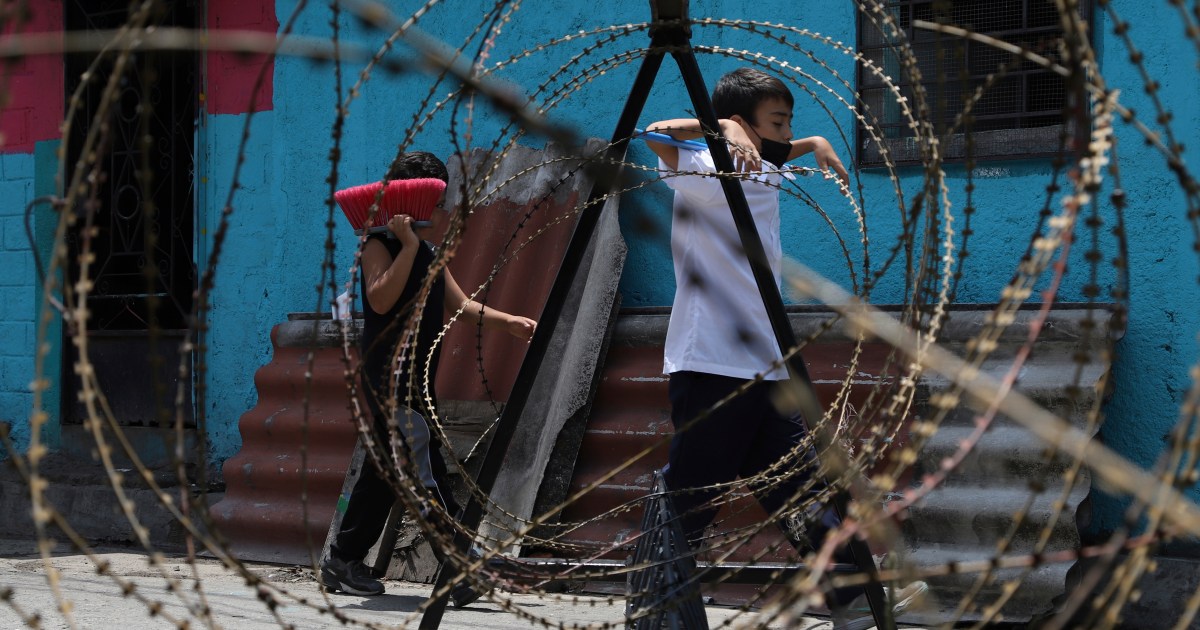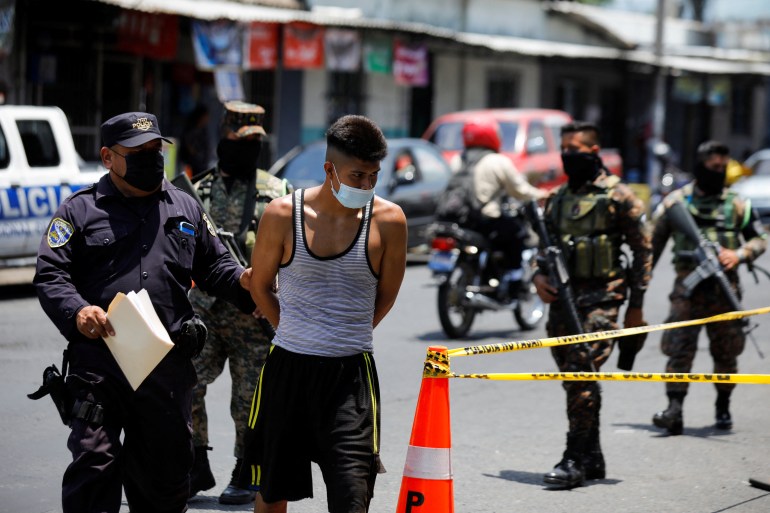Current News Overview for El Salvador
El Salvador, a Central American nation, has been in the spotlight recently due to significant developments in its political and social landscape. The country is grappling with issues related to gang violence, human rights, and the ongoing state of emergency declared by the government. Below is a comprehensive summary of the latest news and events affecting El Salvador.
1. Ongoing State of Emergency
El Salvador has been under a state of emergency for over two years, primarily aimed at combating gang violence. This emergency decree has been extended for the 24th consecutive time by the country's lawmakers, following a request from President Nayib Bukele. The decree allows the government to suspend certain civil rights, which has raised concerns among human rights organizations. As of March 27, 2024, the country will have spent a full two years under this decree, which has been a controversial measure in the fight against powerful street gangs.
Key Developments:
- Extension of Emergency Decree: The decree has been extended multiple times, indicating the government's ongoing struggle with gang-related violence.
- Suspension of Rights: The decree has led to the suspension of fundamental civil rights, which has drawn criticism from various human rights organizations.
2. Human Rights Concerns
The Inter-American Commission on Human Rights has urged the El Salvadoran government to end the state of emergency, citing the suspension of fundamental civil rights. The commission noted that the significant drop in violence rates suggests that the emergency measures may no longer be necessary. Reports indicate that the government’s crackdown on gangs has led to a 70% reduction in homicides in 2023, but at a considerable cost to civil liberties.
Human Rights Violations:
- Arbitrary Detentions: Reports have surfaced regarding the arbitrary detention of over 60 children, who have allegedly been beaten and tortured since the state of emergency was declared.
- International Criticism: Human rights organizations, including Amnesty International, have warned that the government's approach to tackling gang violence has resulted in a deepening human rights crisis.
3. Political Landscape and Elections
President Nayib Bukele has recently been re-elected, credited with significant reductions in gang violence. Preliminary results indicated a strong support base, with Bukele's administration focusing on security as a primary agenda. However, his administration's methods have sparked debates about the balance between security and human rights.
Election Highlights:
- Re-election of Bukele: The president's re-election reflects public support for his tough stance on crime, despite the controversial methods employed.
- Public Sentiment: Many citizens support the government's actions against gangs, viewing them as necessary for restoring safety and order.
4. International Reactions and Future Implications
The international community has been closely monitoring the situation in El Salvador. The United Nations and various human rights organizations have expressed concerns over the prolonged state of emergency and its implications for democracy and civil rights in the country.
Future Considerations:
- Potential Policy Changes: As violence rates decline, there may be pressure on the government to reconsider the necessity of the state of emergency and restore civil rights.
- Continued Monitoring: Human rights organizations are likely to continue monitoring the situation, advocating for the protection of civil liberties while addressing gang violence.

Conclusion
El Salvador is at a critical juncture, balancing the need for security against the imperative of protecting human rights. The ongoing state of emergency, while credited with reducing violence, has raised significant concerns about civil liberties and the potential for abuse of power. As the country moves forward, the actions of President Bukele's administration will be closely scrutinized both domestically and internationally. The future of El Salvador will depend on how effectively it can navigate these complex issues while ensuring the safety and rights of its citizens.
For more detailed updates, you can follow the latest news on AP News and BBC News.





